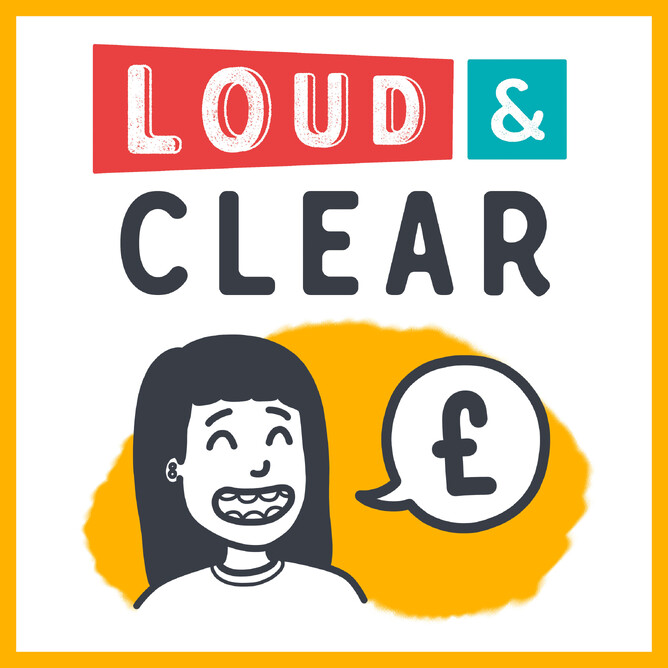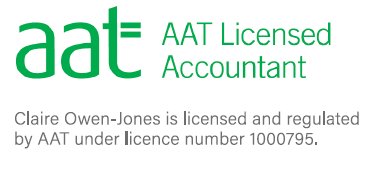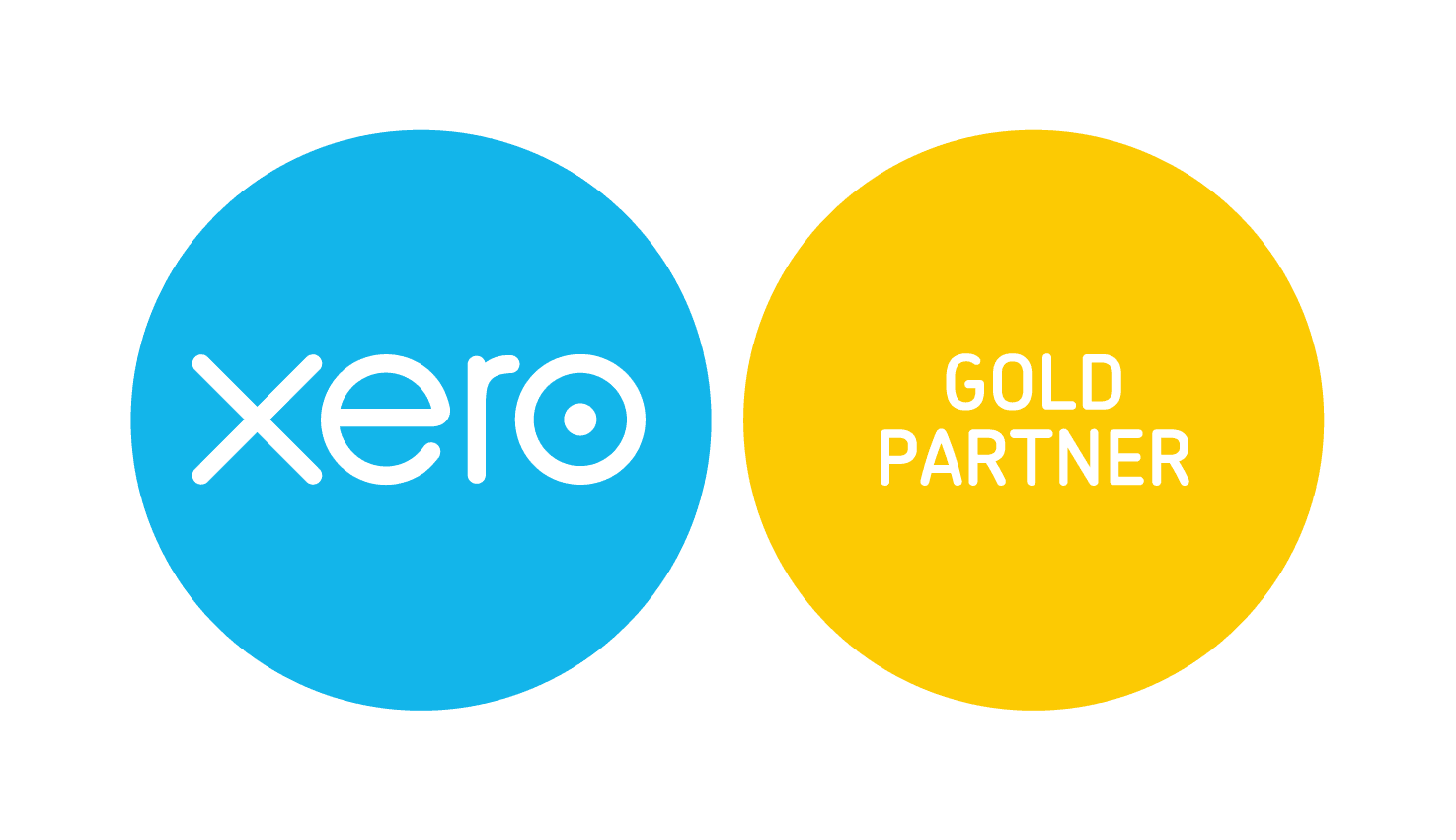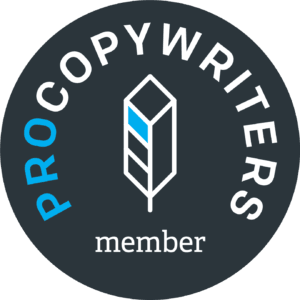Podcast transcription with introduction removed
What is the minimum amount of bookkeeping I can do?
Now, as I mentioned on previous episodes, the only admin for HMRC that you need to do as a self-employed person is complete your self-assessment tax return, so at the moment, that is just one form, once a year. If you were to say to me, the only bookkeeping I ever want to do is bare minimum, once a year, for HMRC, that is all you need to do, and you do not need software in order to do this. It can be on Excel, it can also be, if, when you’re opening your new bank account, you choose one of the challenger banks. That could be something like Starling or Monzo or Tide, those gives you the option to allocate your payments to a category, so it’s kind of bare minimum bookkeeping, and both of these are absolutely fine to do.
It won’t give you any reports during the year, so you won’t be able to see where your money’s going, how well each particular income stream is doing, if you’ve got different types of clients, but it will enable you to do that kind of bare minimum once a year bookkeeping, which you can then use to complete your tax return or forward on to your accountant for them to complete your tax return for you.
What software should I use if I want to do a little bit of bookkeeping?
But maybe you don’t want to do the bare minimum. Maybe you are someone who would like some software, so you can kind of keep an idea of where your money’s going. Pretty low level, you don’t need software to raise invoices, you’re not interested in tracking what clients owe you, that kind of stuff, but as the year progresses, you’d like to know where your money’s going, and maybe even get a rough tax estimate as well. You can start looking at software such as QuickBooks self-employed or bank accounts such as Starling have a business toolkit which is like a bolt on bookkeeping option to their software. Both of these are quite good if you don’t want any kind of in depth analysis, but you would like to do a little bit of bookkeeping on a monthly basis and you would like to keep an idea of where your money’s going.
What software should I use if I want to know more about my business?
The next option is if you actually want to do your bookkeeping more often, you are more interested in looking at where your money’s going in a little bit more detail, looking at where your money’s coming from, maybe keeping an eye on how quick some of your clients, or slow, should I say, are at paying you, who owes you money, you want to raise sales invoices, you want a far more complete accounts package, and you’re going to invest in your bookkeeping on an ongoing basis. And that is when I would recommend looking at software such as Zero, Free Agent and QuickBooks.
Now, these cost across the range from between ten and probably even 30 pounds a month, which is why I wouldn’t recommend them if you are someone who will only do your bookkeeping once a year, because you would just be paying every month for something you’re not using, and then you would have obviously a large amount of bookkeeping to do at the year end.
A kind of a final thing is, if you’re also looking at changing your bank account at the same time, NatWest and Free Agent have kind of teamed up, so if you get a NatWest business bank account, or you use the NatWest Challenger branch, which is called Metal, you will get a free Free Agent account with that, so that can be a really cost-effective way of getting a very good piece of software for free. That feels like a bit of a rambled answer, but that’s the main thing. In terms of what bookkeeping you need to do, HMRC will only require the basic information once a year. Anything you want to do above that is for you, but just kind of be honest with yourself. Are you doing it for tax and then what level of monitoring of your software would you want to do.
How will Making Tax Digital (MTD) effect my bookkeeping?
To finish this episode, I would like to touch upon Making Tax Digital. Now, you may have heard this if you’ve been following accountants over social media, and this is where HMRC are going to expect people who are self-employed to submit quarterly tax returns, so it’s going to move your bookkeeping away from an annual thing to a quarterly. Now, the details on this are still a little bit vague, it’s still in its testing period, so when everything’s been more formalised, I will do a full episode on this. All I can say is, Making Tax Digital came in for VAT a couple of years ago, and there was a big push to get everyone on accounting software, but some software companies did create something called a bridging software, and that means if you do your bookkeeping on Excel, this bridging software will link your Excel spreadsheet to HMRC.
There’s no requirement to go on the higher level monthly subscription software. There will be, I’m almost certain of it, a way around and for you to continue to use Excel, if that’s your preferred bookkeeping method, but it will mean that you’re going to have to do your bookkeeping a little bit often if you’re someone who only does it for tax.







